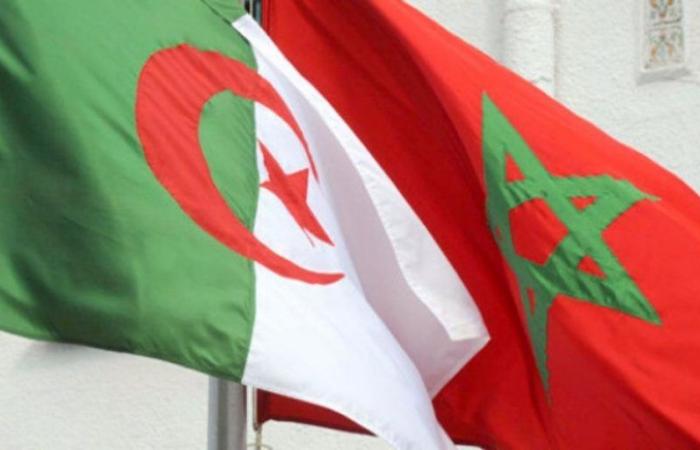Tensions between Algeria and Morocco, already visible for several years, have just taken a new turn. Algeria now requires an entry visa for all Moroccan nationals. Despite repeated calls for reconciliation, the horizon of cooperation between the two neighbors is darkening further.
The announcement made Thursday by the Algerian Ministry of Foreign Affairs, concerning the introduction of entry visas for Moroccan citizens, took by surprise both the authorities in Rabat and the Algerian consulates in Morocco, notably in Casablanca, where the Uncertainty reigns.
“At the moment we don’t know anything, we received the news yesterday at the very last minute. We do not know how much the prices will be set. Discussions are underway between the embassy and the Ministry of Foreign Affairs. We will certainly have more visibility starting next week. The files are also on stand-by while awaiting further clarification,” an official from the Algerian consulate in Casablanca told us.
A complicated relationship
However, the historical ties between the two neighbors could have constituted a reason for rapprochement, like the Treaty of Friendship signed in Ifrane in January 1969, which marked the calming of relations after years of tensions. Successive agreements, including the 1972 convention on the state border, signed by the foreign ministers at the time, Abdelaziz Bouteflika and Ahmed Taibi Benhima, aimed to strengthen cooperation and stabilize trade. But during the 1990s, the closure of the borders following the attacks in Marrakech definitely changed the situation. Despite attempts to revive trade, notably with the reciprocal lifting of visas in 2004 and 2005, the situation today seems to be stuck in an impasse.
This new decision by Algeria comes at a time when the eastern neighbor is striving to promote tourism that is still largely under-exploited. In 2023, the country recorded 3.29 million tourists, an increase of 135.5% compared to 2022.
However, this improvement hides a more nuanced reality. Despite the growth in foreign arrivals, with an impressive +66.68%, the country remains dominated by outbound tourism, with 2.55 million departures of Algerian residents abroad. The imbalance is marked, highlighting the challenge Algeria faces in retaining its own citizens or attracting a larger number of foreign visitors.
Historically, Moroccans ranked among the most regular visitors to Algeria, just behind Tunisians and the French. In 2019, according to official statistics, 79,505 Moroccans crossed the Algerian borders.
Morocco was also the third source of foreign tourists in Algeria, a clientele which, with the new visa constraint, risks decreasing drastically. A modest figure compared to the 1.3 million Tunisians or Algerian internal flows, but which testifies to an increasingly marked curiosity for historical sites and even Algerian spas.
A lost bullet for tourism
Despite its undeniable assets, Algeria is struggling to position itself as a major tourist destination. The entry into operation of 56 new hotels and the tourism investments recorded in 2023 have not yet been enough to change the dynamics of the sector. Algeria nevertheless has 249 tourism expansion zones (ZET) and an investment portfolio which exceeds 2,200 projects.
However, these infrastructures struggle to attract crowds. For comparison, Morocco, with its imperial cities, beaches and cultural heritage, attracts nearly 13 million visitors annually. Note that in general, Algeria applies the principle of reciprocity for visas, i.e. to countries which also impose them on its nationals.
For example, for French people, visa fees are set at 120 euros. An amount that may deter some travelers. By now imposing a visa on Moroccans, Algeria could not only reduce one of its main flows of foreign tourists, but also send an ambiguous message regarding its intentions to open up. While diplomatic authorities are working to clarify the conditions for obtaining this visa, the impact on tourism and bilateral relations remains, for the moment, unresolved.
Faiza Rhoul / ECO Inspirations
whatsapp Receive recent economic news on your WhatsApp






